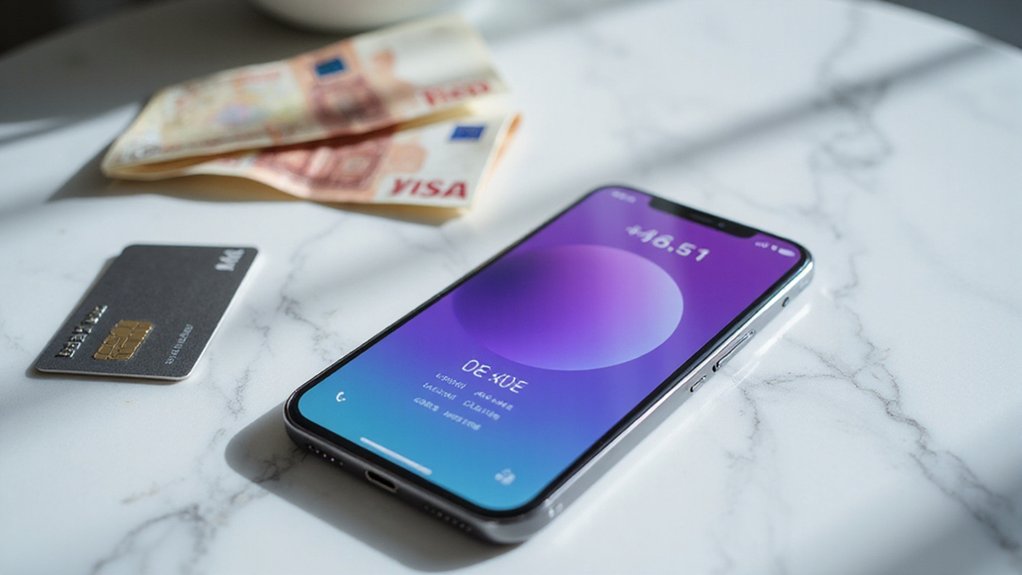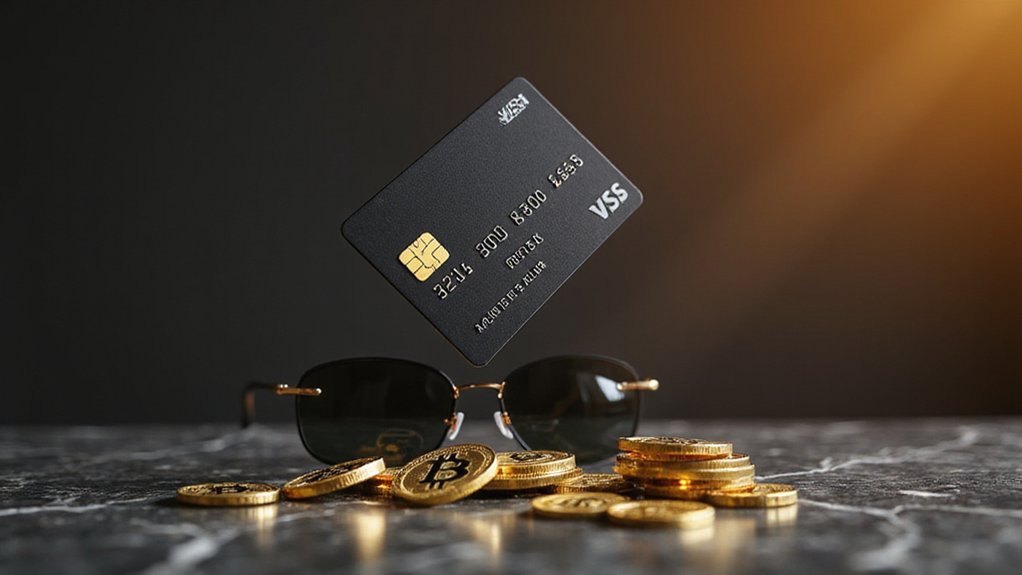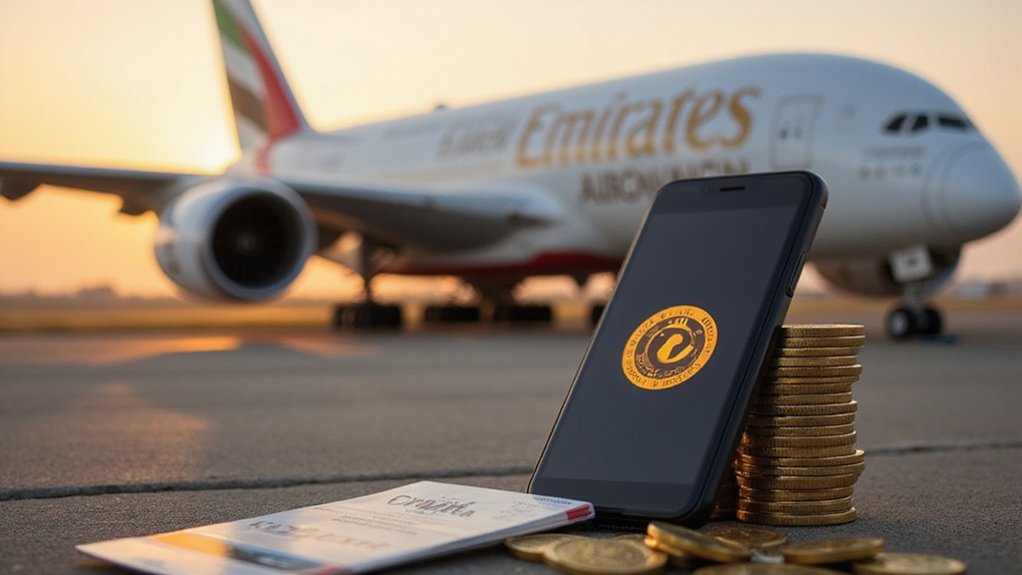While cryptocurrency exchanges have multiplied faster than digital assets themselves—a feat that would have seemed impossible just a few years ago—the fundamental challenge of converting traditional fiat currency into crypto remains surprisingly convoluted for most consumers.
Enter MoonPay, a platform that has positioned itself as the “PayPal of cryptocurrency” by tackling this precise friction point with characteristic Silicon Valley audacity.
MoonPay emerges as crypto’s answer to PayPal, dismantling fiat-to-digital barriers with quintessential Silicon Valley swagger.
The platform’s integration capabilities extend across more than 160 countries, supporting over 170 cryptocurrencies through a non-custodial framework that theoretically keeps users’ assets beyond the reach of platform-related catastrophes.
For Revolut users in the UK and EU, this integration represents a particularly seamless bridge between traditional banking and digital asset acquisition—assuming one can navigate the inevitable KYC gauntlet that awaits first-time customers. The platform’s beginner-friendly design makes it particularly attractive to those new to cryptocurrency, with a minimum purchase threshold of just $20.
MoonPay’s fee structure reveals the usual suspects: bank transfers hover around 1% while credit card transactions can reach 4.5%, a spread that would make medieval money changers envious.
However, the platform’s MoonPay Balance feature offers a compelling workaround, enabling zero-fee crypto purchases through bank transfer top-ups—a notable advantage over competitors like Coinbase, whose fee structures often resemble abstract art in their complexity.
The technical execution proves invigoratingly straightforward. Credit and debit card purchases deliver crypto within five minutes, while bank transfers require the customary 1-3 business days (some traditions, it seems, remain impervious to technological disruption).
The platform supports familiar payment methods including Visa, Mastercard, Apple Pay, Google Pay, and regional favorites like SEPA transfers and the UK’s Faster Payments Service. Users can also leverage PayPal and Venmo integration for additional transaction flexibility.
Perhaps most intriguingly, MoonPay has expanded beyond simple fiat-to-crypto conversion into a thorough ecosystem featuring over 2,000 trading pairs and zero-fee crypto swaps. This infrastructure development parallels the broader cryptocurrency ecosystem’s evolution, where stablecoin market cap now exceeds $250 billion as of 2024-2025, representing the total value of digital tokens pegged to stable assets like the U.S. dollar.
The platform’s integration with multiple wallet applications and decentralized apps reaches over 5 million consumers, while its API solutions allow developers to embed checkout widgets directly into Web3 and NFT platforms.
For Revolut users seeking cryptocurrency exposure without the traditional exchange complexities, MoonPay’s integration offers a surprisingly elegant solution—provided one accepts the inherent irony of using a fintech disruptor to access assets designed to eliminate financial intermediaries altogether.









